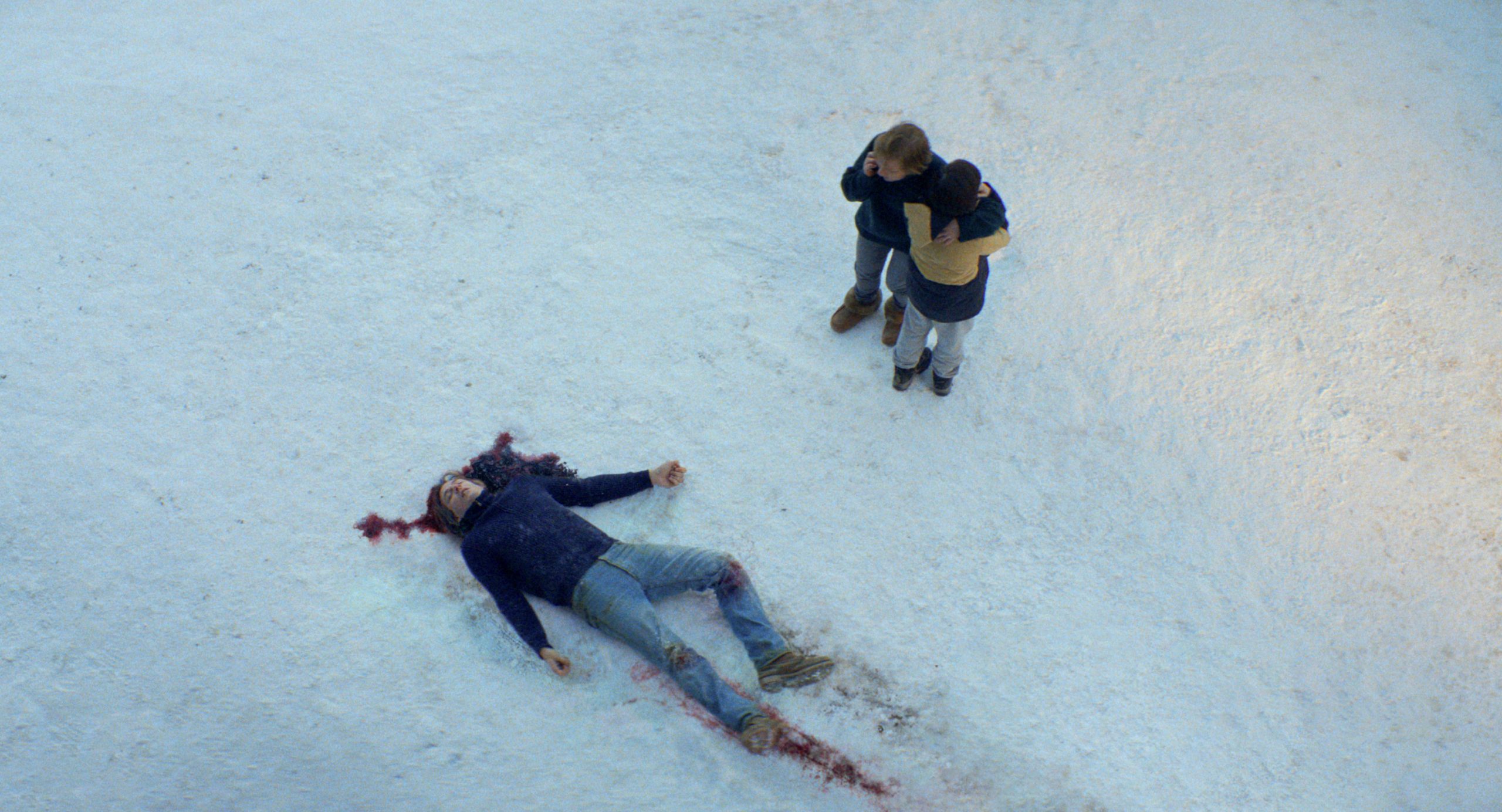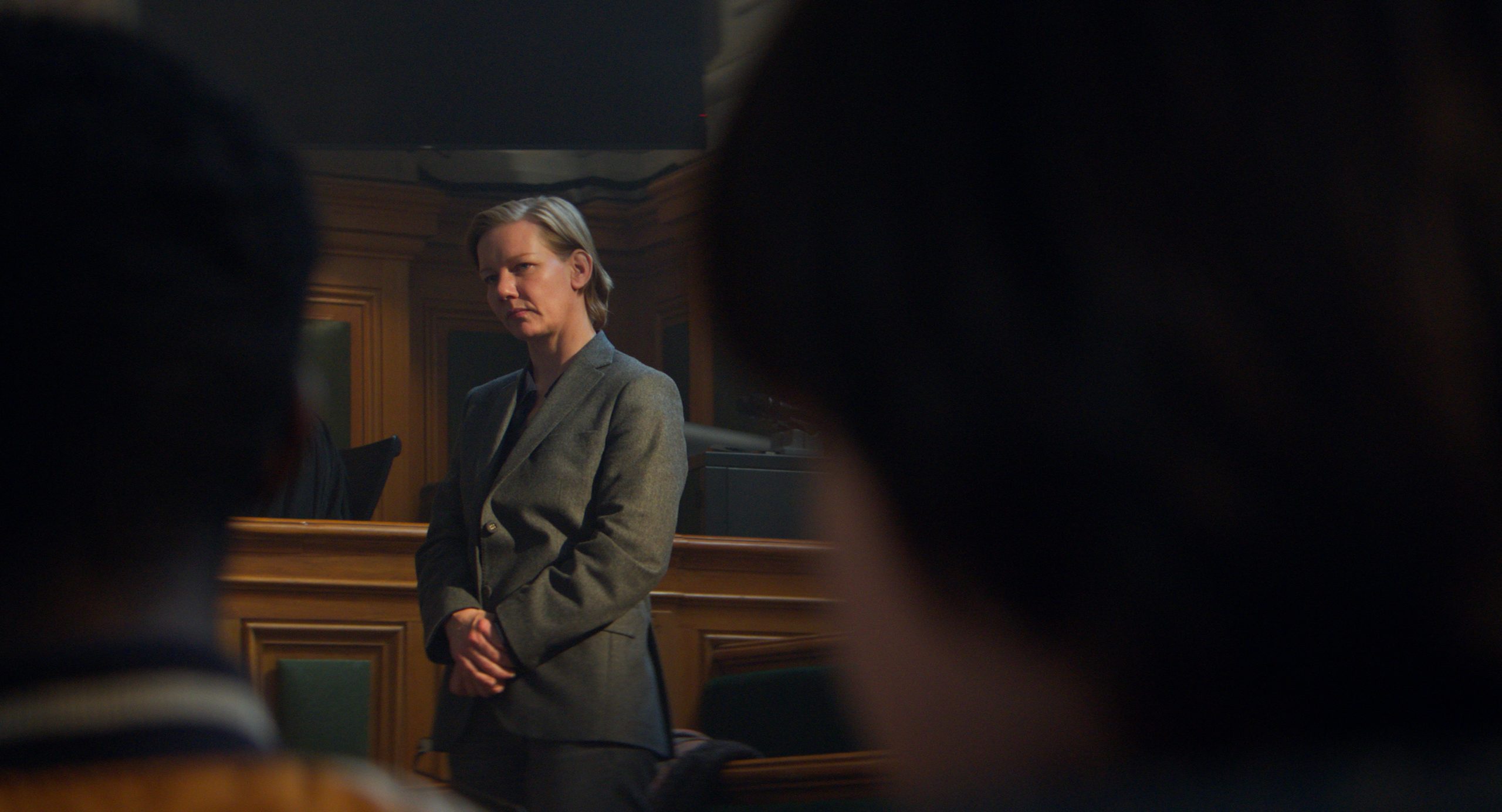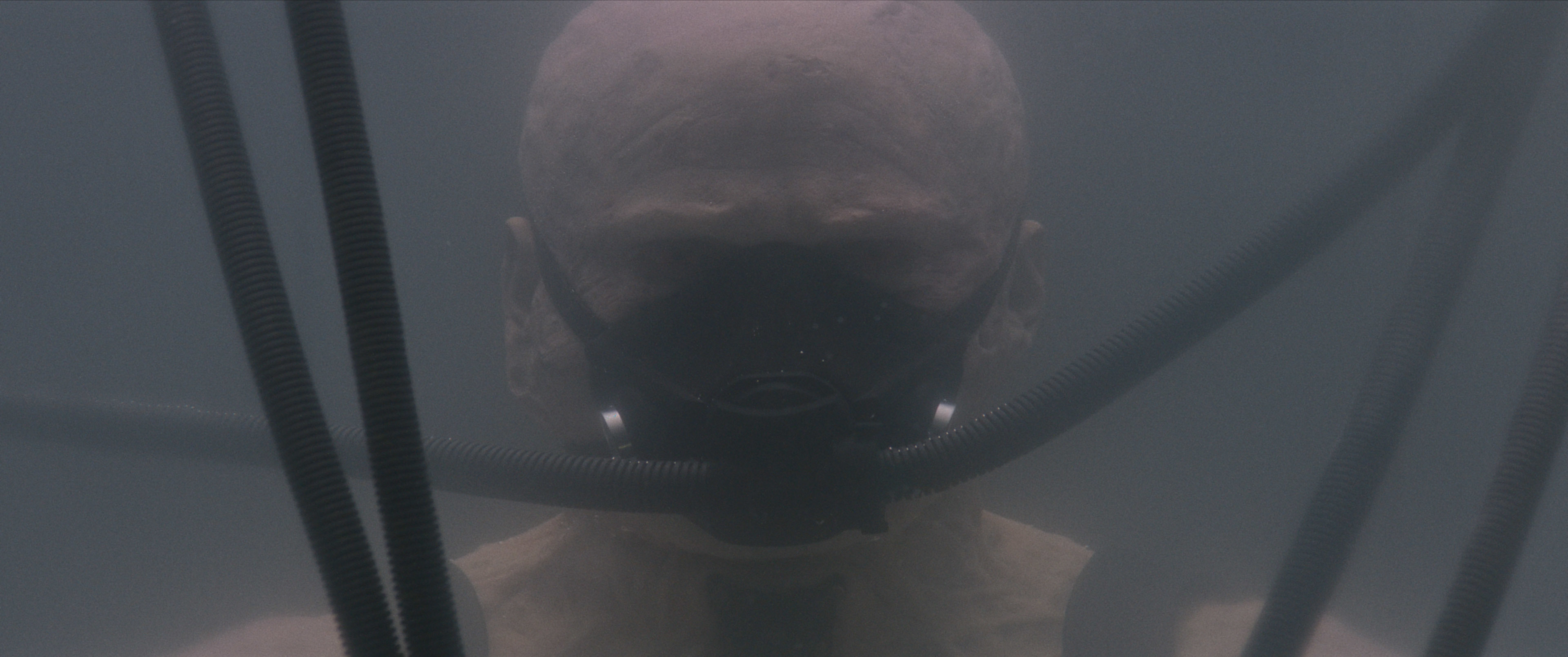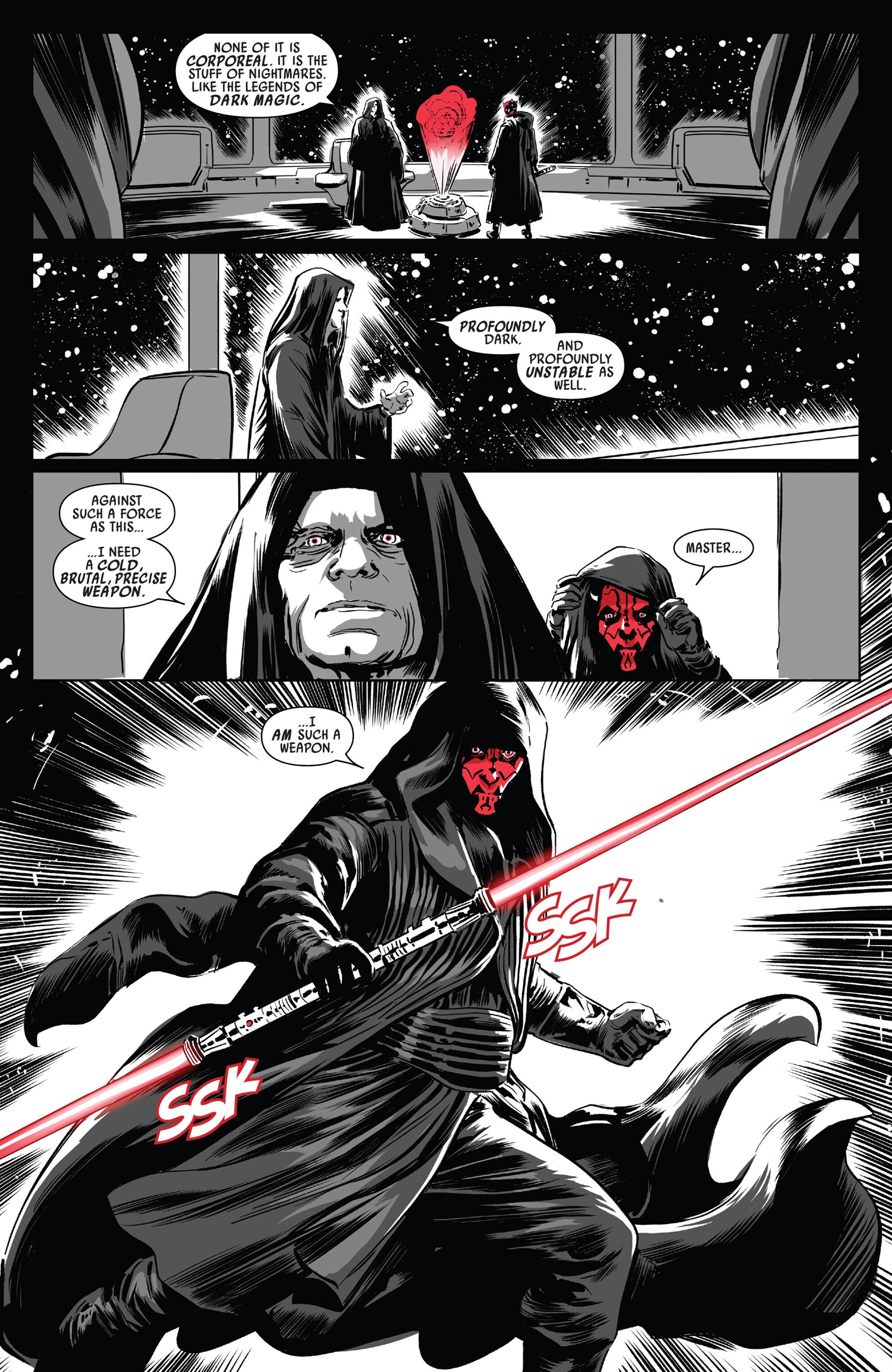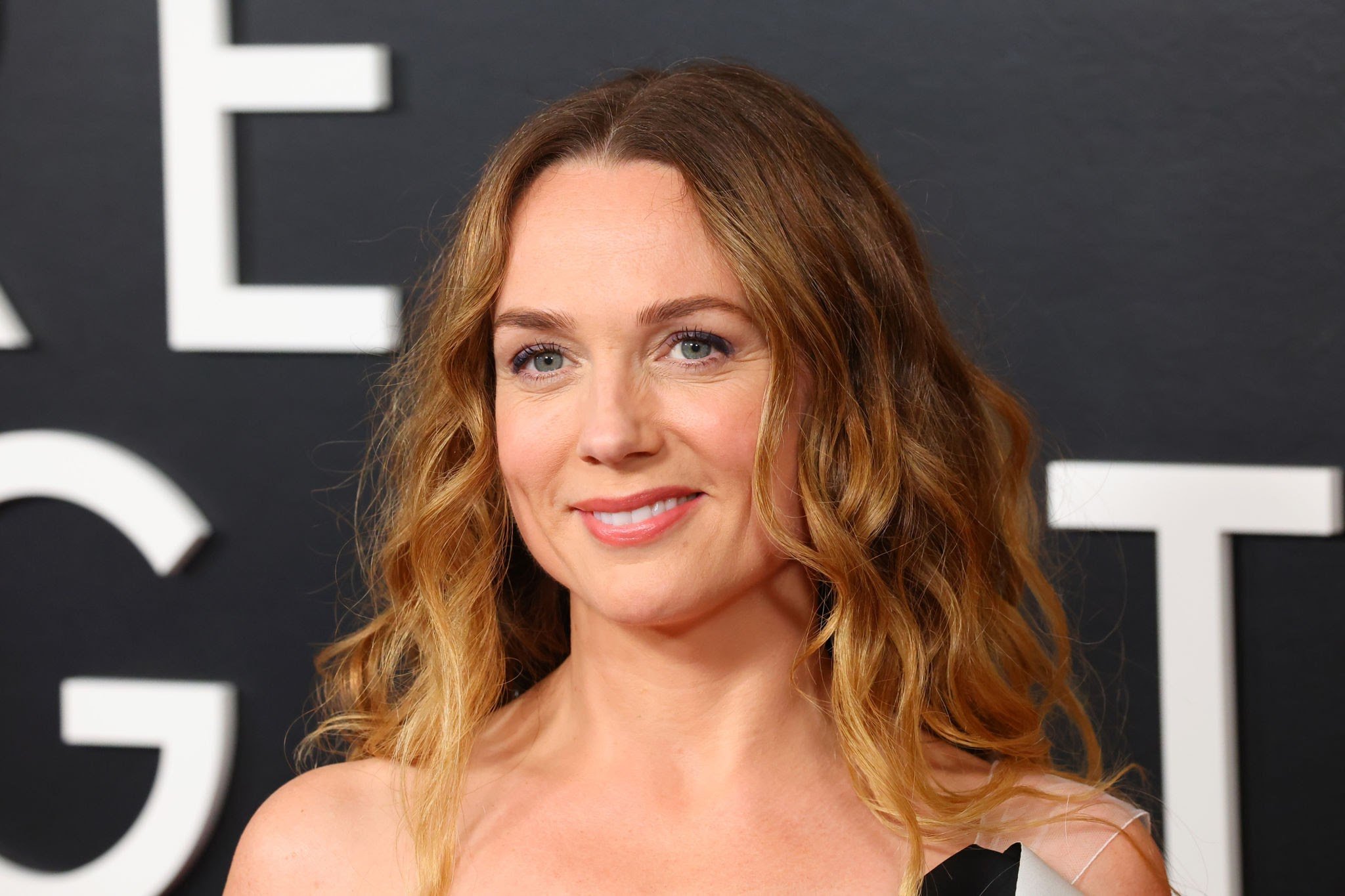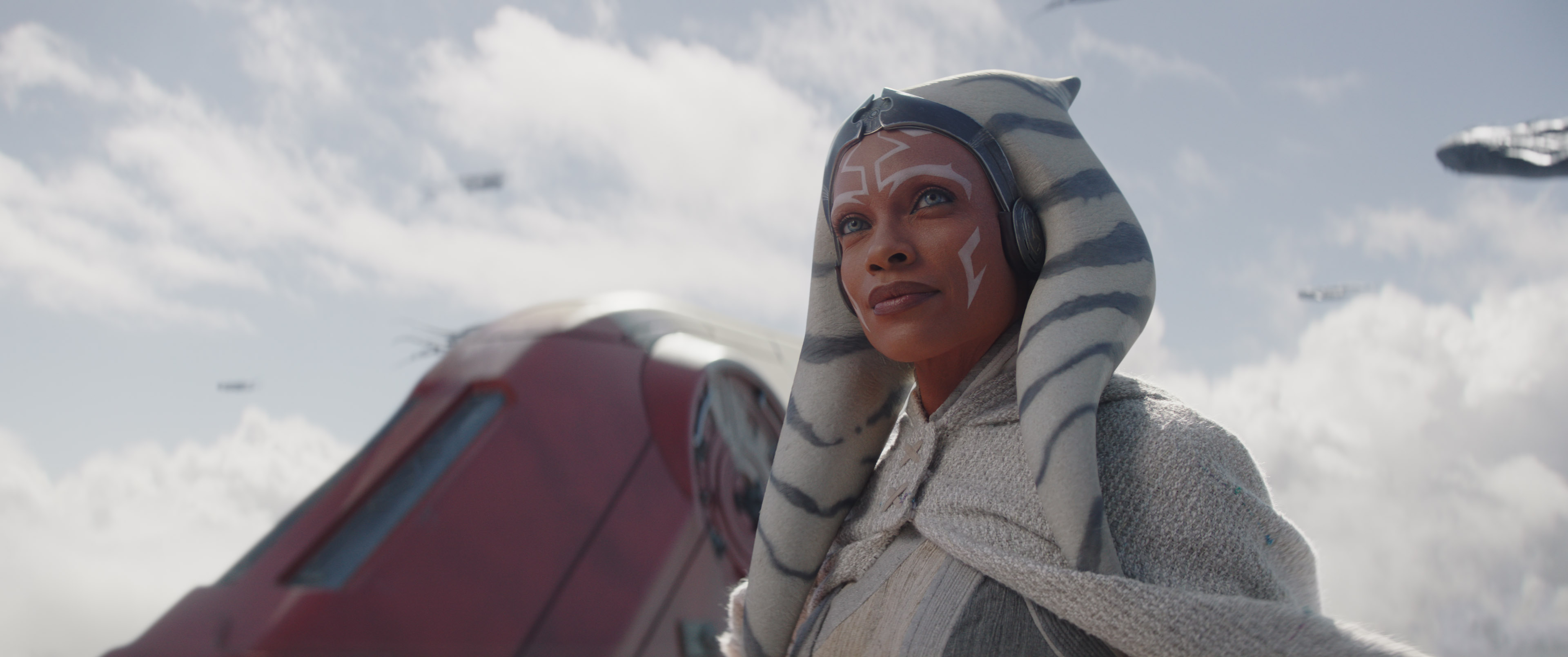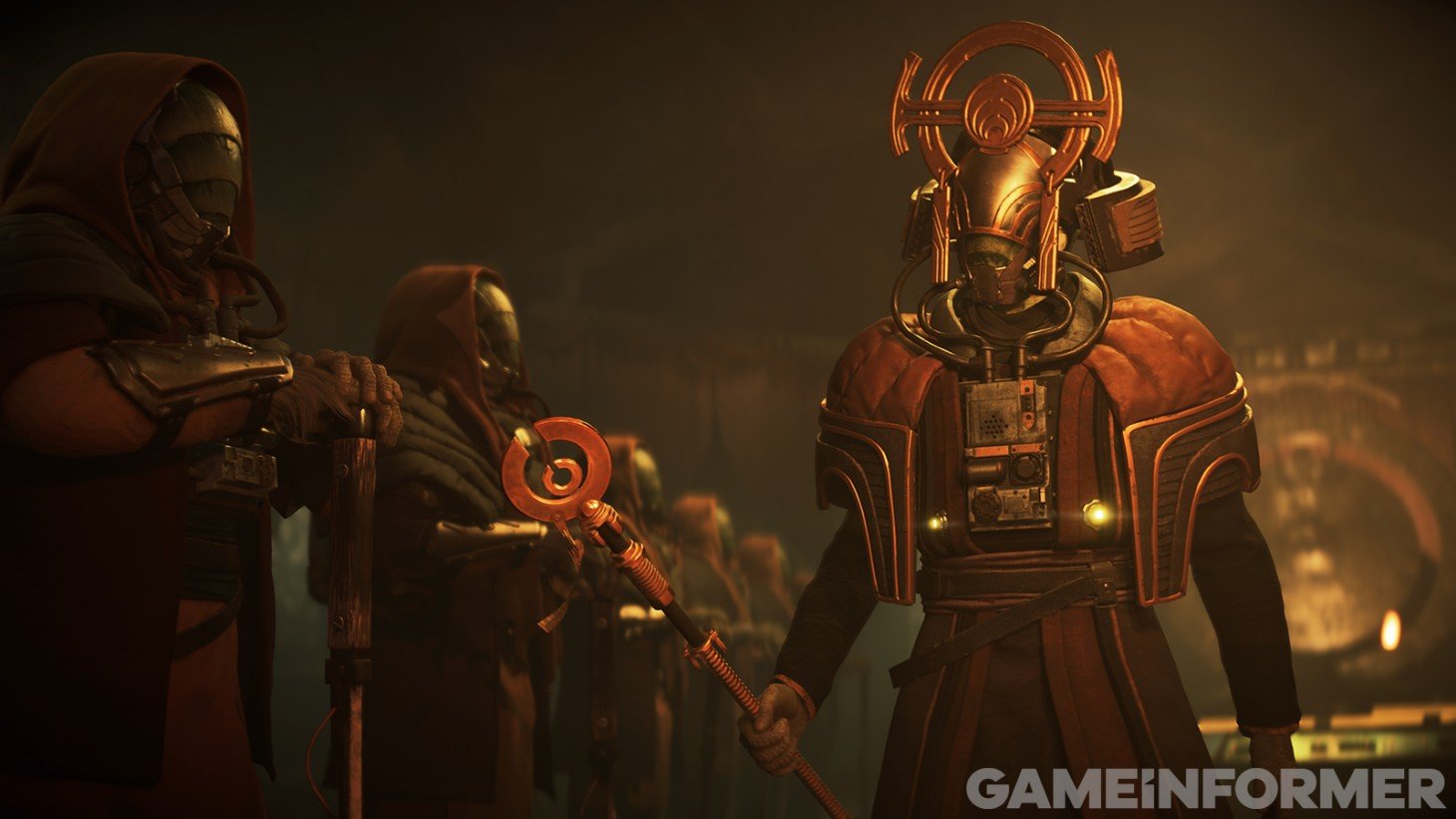‘Anatomy of a Fall’ Review: Justine Triet and Sandra Hüller Portray the Downfall of a Love Story in Gripping Thriller
Justine Triet‘s Anatomy of a Fall (Anatomie d’une Chute), which won the Cannes Palme d’Or back in May, doesn’t follow the traditional narrative of a murder investigation. Previous whodunnits like Knives Out or Zodiac focus on the investigators looking for leads and crossing off suspects from their list. Instead, Triet’s nailbiting drama focuses on how the death of Samuel (Samuel Theis) did not break his family in half but was rather caused by fractures that had been appearing ever since his kid went blind in an accident. The question at the very center of the story is not who did it, but rather whether Sandra (Sandra Hüller), Samuel’s wife and the kid’s mother, did it or not.
By design, there are only two options. Either the couple had a heated confrontation and she pushed him through the balcony, or he killed himself from the top floor of their house. The three of them are living in a secluded home in the French Alps after the accident caused them to move, and besides the journalist we meet at the beginning of the film, who is forced out of the house after loud music makes their chat impossible to conduct, not a lot of people go up there. As the police start to dig into their relationship, the layers of the onion start to come off and we, much like Sandra’s lawyer (played by the delicate Swann Arlaud), are on a constant journey of trying to believe our main character while growing bigger suspicions that she’s hiding stuff from the rest of the world.
But that baggage will not be hidden forever, and Triet and Arthur Harari‘s meticulously crafted screenplay is very smart in how it starts to drop information on us. The higher points of the film are reached in the courtroom where Sandra is accused of murder after the prosecution believes there is enough evidence to convict her — and they lay their case pretty clearly in the first half of the trial. The unconventional structure of the narrative, at least for a Law and Order-type like this, puts us on our feet too. While we’d typically get the argument-counterargument ping-pong match between lawyers on both sides, Antoine Reinartz‘s attorney general is pretty convincing in his case.
However, as we realize early on in the film and as it becomes increasingly clear as the trial starts, it all rests on young Daniel’s (Milo Machado Graner) shoulders. The blind 11-year-old took a walk shortly before his father died, so he wasn’t in the house when the fall happened. But what exactly did he hear before that? He claims to have heard his parents talking in a non-combative tone, yet the music was so loud he only could have heard them if they were yelling, which he insists they were not. Also, at first, he was sure he was outside when he heard them, but then he backtracked it and said he was inside. Is he lying now, or was he confused before?
It’s that exact dilemma that will reappear constantly throughout the film to raise inside us the same uncertainty the jury should hold: Is the kid telling the truth or is he lying to protect his mother? Even the resolution of the film is done in a non-inflated way because even after we learn what the jury’s decision is, we still can’t quite know for sure. And that’s also where the beauty of the marvelous screenplay lies, in inciting conversations after the credits roll (also a reason to see this with someone else). Some questions, like whether or not Sandra could have actually found the strength to push Samuel off the balcony are never even addressed, even though there’s some real debate to be had around that. We also learn that the father had a much closer relationship with Daniel than the mother ever had. Would he really have committed suicide and left the kid alone with the controlling mother he claimed to have married?
Anatomy of a Fall will not answer our burning questions as a human species or make us reconsider everything we know about ourselves. But at its core, it focuses on entertaining the audience while presenting a mystery compelling enough to make us wonder what could have really happened. Even to someone already used to trying to unmask the tricks of screenwriting like me, one who is satisfied with the answer that Inception‘s ending was more about the question than the answer. Triet and Harari’s job is to put us inside the jury and make us really wonder what could have happened. And they go well beyond that, delivering in particular two incredible scenes that combine some of the best writing of the year, through dialogue that seems both extremely real and also exceptionally balanced, as we understand where everyone stands and what the core conflict is, yet we have a hard time picking sides.
But besides the script, the constant variable in this film is Sandra Hüller and her ferocious performance. The German actress, also seen this awards season in Jonathan Glazer’s The Zone of Interest, delivers one of the most fearless acting jobs of the year. Her character is as cold as the mountains she’s living in, and we see her entire life crumble before her eyes as she tries to grapple not only with the death of her husband and the fact that she’s going to stand trial because of it but also that she’s now responsible for a blind 11-year-old who knows that either his father killed himself or his mother killed him.
Daniel is the core character of the Anatomy of a Fall, though. This is the actual conflict that both sides are gravitating around, and the young Milo Machado Graner stepped up to the task. A life-changing accident already set a new course for his life a while back, and now, destiny is calling once again to ask who he prefers, mommy or daddy. His memory is betraying him, he realizes early on. How much exactly does he actually remember from what happened that day, and as he thinks back, from what had happened months before? His entire testimony is highly suspicious, and not because of the reason the judge thinks when she orders a de facto nanny to watch over Sandra and Daniel’s interactions so that she doesn’t interfere with a key witness. It’s because his future life depends on what he can accept as the truth.
The film is a perfect reminder that message is not all that matters in cinema. We’re also here to see characters interact in realistic ways that reflect our own lives and see if we can actually learn something from that while being entertained. What was, exactly, what caused Sandra and Samuel’s relationship to fail? Was it really Daniel’s accident, which Sandra blames Samuel for, or was it always doomed? He grows increasingly weary of her attitude and how he’s essentially in charge of managing his own time to write while also taking care of Daniel most days of the week — while she’s busy on her own writing. It’s the realism that brings this movie together, that of the dialogue and also of the conflict between the characters. It reminds us that sometimes, it’s all about perspective.
Anatomy of a Fall can currently be seen in select US theaters. It’s been playing in several international markets over the fall.
Miguel Fernández is a Spanish student that has movies as his second passion in life. His favorite movie of all time is The Lord of the Rings, but he is also a huge Star Wars fan. However, fantasy movies are not his only cup of tea, as authors like Scorsese, Fincher, Kubrick or Hitchcock have been an obsession for him since he started to understand the language of filmmaking. He is that guy who will watch a black and white movie, just because it is in black and white.

